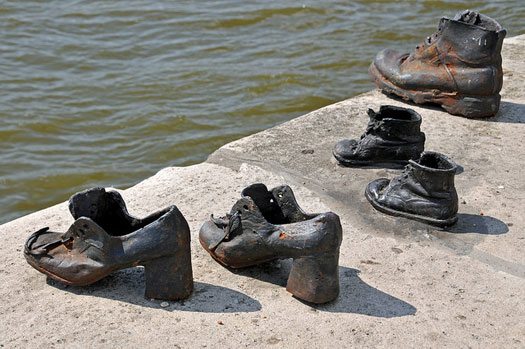
August 2, 2017; WTOL, L.A. Times, New York Times
As civil rights and other groups expressed outrage at the intimation that the Department of Justice was going to investigate discrimination in college admissions, some may have scratched their heads. Even with the DOJ’s leader, Secretary Jeff Sessions, with a record of consistently opposing affirmative action, last year the Supreme Court has upheld the use of race as a factor in college admissions in the case of Fisher vs. University of Texas.
Concerns were immediately raised that DOJ was going to revisit and possibly revise what is settled law. The outcry came in response to an internal job posting by the Department of Justice. It was looking for current employees interested in “investigations and possible litigation related to intentional race-based discrimination in college and university admissions.” Advocacy and civil rights groups saw this as an effort to target affirmative action programs allowing colleges and universities to consider race as a factor in admissions in order to build a more diverse student population.
Responding to the firestorm around the job posting, the Justice Department issued a statement saying the posting was in response to a complaint filed in 2015 regarding allegations of discrimination against Asian Americans in an unidentified university’s admissions practices. As reported in the New York Times:
A Justice Department spokeswoman, Sarah Isgur Flores, said on Wednesday that news media reports about the investigation were “inaccurate.” The department had refused to provide details about the project on Tuesday. Ms. Flores said the personnel announcement sought volunteers “to investigate one admissions complaint” filed on behalf of Asian-Americans who alleged racial discrimination in “a university’s admission policy and practices.”
She said the department had not received or issued any “directive, memorandum, initiative or policy related to university admissions in general.”
[…]
Ms. Flores’s statement described the investigation as an administrative referral about a complaint filed by 64 Asian-American coalitions in May 2015 and that “alleges racial discrimination against Asian-Americans in a university’s admission policy and practices.”
Sign up for our free newsletters
Subscribe to NPQ's newsletters to have our top stories delivered directly to your inbox.
By signing up, you agree to our privacy policy and terms of use, and to receive messages from NPQ and our partners.
According to the New York Times, this description dovetails with a dispute at Harvard University that led to a still-pending lawsuit filed on behalf of such students. The Justice Department, to date, has not intervened in that litigation or filed a friend-of-the-court brief. Data from a Pew study shows that Asian Americans make up almost six percent of the U.S. population but are admitted to selective colleges and universities at almost three times that rate.
Could this dispute be the basis for DOJ to open the question of affirmative action on a broader scale? Skepticism is being raised from within and outside the DOJ. “I am skeptical of the explanation that this detail announcement would be for the investigation of one single complaint,” said Justin M. Levitt, a former deputy assistant attorney general in the division in the Obama administration. “To have that structure to investigate a single complaint, outside the normal chain of command for career attorneys who investigate these sorts of complaints all the time, that’s quite weird.”
In an interview with WTOL, Anurima Bhargava, who was head of the Civil Rights Division’s Educational Opportunities Section during the Obama administration, said any move to investigate affirmative action policies would be a “fear and intimidation tactic” because the Supreme Court has upheld such admissions programs.
“My very strong sense is that it’s nothing other than politics,” she said.
Others applaud the opportunity to reopen questions about the value and need for affirmative action.
Roger Clegg, a former top official in the Civil Rights Division during the Reagan and first Bush administrations who is now the president of the conservative Center for Equal Opportunity, had welcomed the development on Tuesday as “long overdue.” On Wednesday, he said he hoped the project would end up being more than a single investigation.
“I hope that the administration will be investigating more than one case, because I think there is more than one case that merits investigation,” he said.
As this pot continues to bubble, groups on both sides of the affirmative action debate are poised to fight for their positions. Affirmative action initiatives were developed to level the playing field for minorities and create a more equitable and diverse society. There are those, mostly on the right, who would say they are not now needed, and those in the civil rights movement who would say we have only just begun.—Carole Levine













